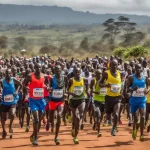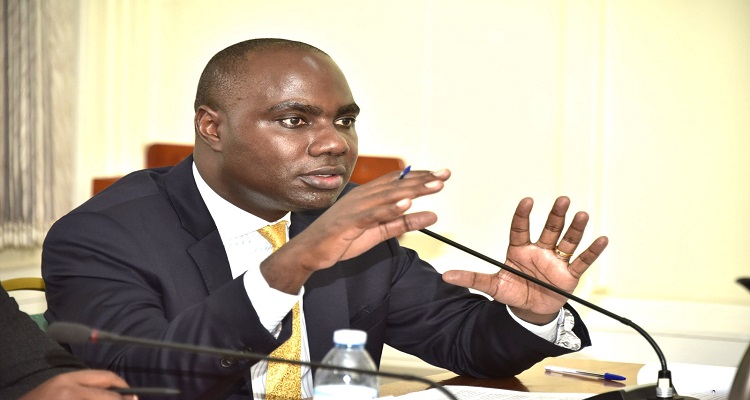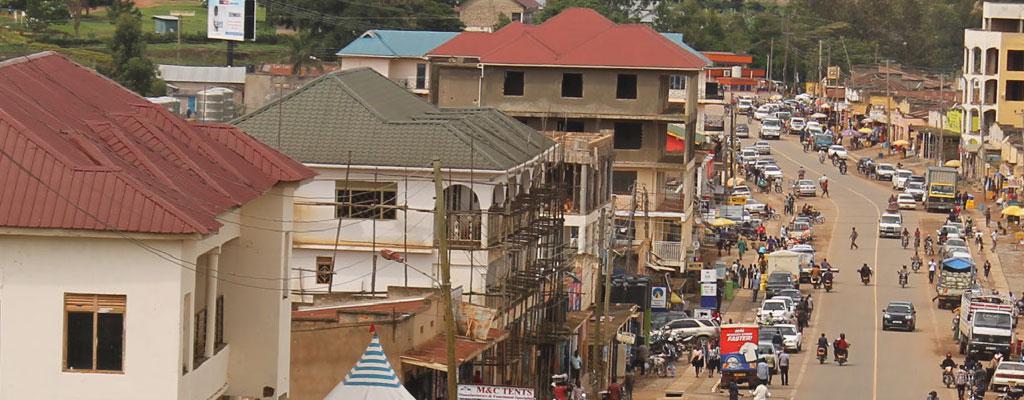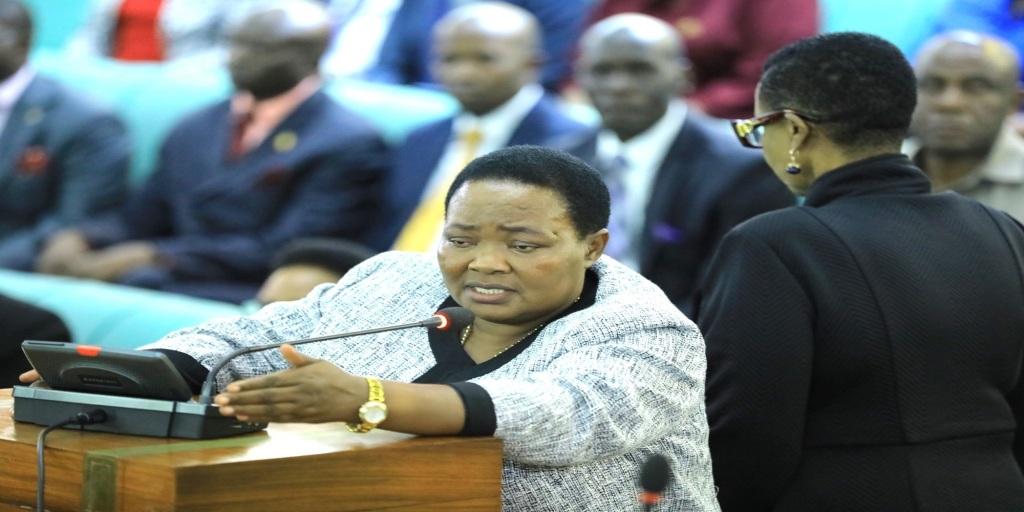At first glance, the “Fair for All” project in Uganda appears to be a beacon of hope for rural women, promising empowerment and a brighter future. With a five-year budget of $540,000 (approximately Shs1.95 billion), this initiative seeks to uplift 600 grassroots rural women in the Jinja, Bugiri, Kaliro, and Kabong districts. The project is a collaboration between the Uganda Community Based Association for Women and Children Welfare (UCOBAC), Slum Women Initiative for Development (SWID), Action for Women and Awakening in Rural Environment (AWARE Uganda), OXFAM Novib, and the Huairou Commission.
The project’s goal is noble – to enhance the voice of rural women, enabling them to participate in agricultural value chains. However, a deeper examination of the initiative raises questions about its effectiveness and the challenges it addresses.
The funding for the “Fair for All” project is substantial, spanning five years. According to Ms. Susan Gamwino, a senior program officer at UCOBAC, the project aims to transform the lives of these rural women. Yet, it remains to be seen whether the intended impact will be achieved in the remaining two years.
The International Day of Rural Women, celebrated in Jinja City under the theme “Financing for Rural Women Empowerment,” marks a day of renewed focus on the contribution of women in communities, especially in food production. Data from the Uganda Bureau of Statistics (2022) shows that 87 percent of women engage in agriculture as their primary economic activity. However, these women face numerous challenges.
One of the primary challenges for rural women is exclusion from the digital economy. Many lack the necessary devices and access to data to identify markets for their produce. Domestic violence is another rising concern within these communities, stemming from increased levels of poverty and the unrecognized, unpaid care work carried out by women.
Counterfeit agricultural products flooding the market and the adverse effects of climate change further compound the difficulties faced by rural women. Climate change-induced extreme temperatures and prolonged droughts make it increasingly challenging for these women to achieve productive harvests.
Ownership of land is yet another issue affecting rural women. In many cases, land is owned by men, limiting women’s ability to cultivate crops that take longer to grow. They are often constrained to choose shorter-term crops.
The Ugandan government, however, is making efforts to address these challenges. Mr. Peter Dhamuzungu, the commissioner of crop production in the Ministry of Agriculture, Animal Industry and Fisheries, highlights some of the opportunities being offered to rural women. Tractors equipped with planters and ploughs are available for their use. The government encourages these women to request tractors through the Office of the Permanent Secretary, where their applications will be carefully considered.
The government is also extending extension and advisory services through District Local Governments. These services aim to provide rural women with the knowledge and skills needed for sustainable agriculture. Since these women are often organized into groups, it becomes easier to deliver training at times that suit their needs.
To tackle counterfeit agricultural products, the Ministry of Agriculture has a department of inspection, certification, and national crop satisfaction services. This department is responsible for inspecting, certifying, and overseeing all agricultural products in the market.
Addressing climate change, the government has introduced climate-smart agriculture. This approach promotes principles like reduced tillage and access to quality agricultural inputs. It also focuses on connecting farmers to markets and equipping them with agro-processing facilities to add value to their produce.
While the “Fair for All” project shows promise, its effectiveness in transforming the lives of rural women in Uganda remains uncertain. As the project enters its third year, it is essential to monitor its progress closely and ensure that it delivers on its goals. The challenges faced by rural women are deeply ingrained and complex, requiring sustained efforts and comprehensive solutions. The success of this initiative will depend on the ability to address these challenges and empower rural women effectively.





















Very good